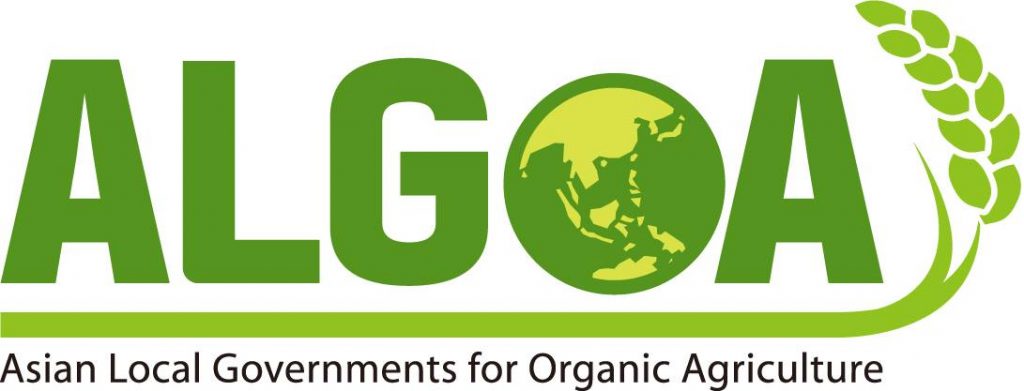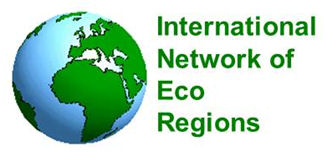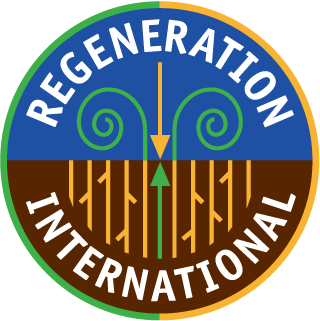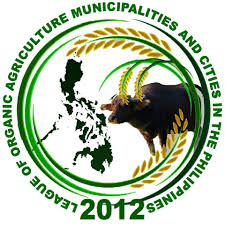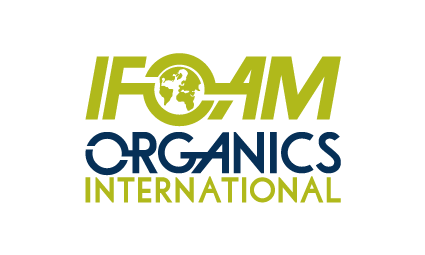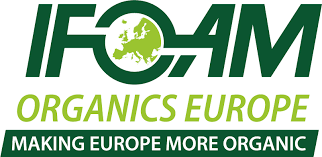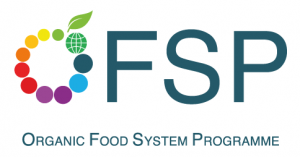Established on 19 Sept 2015 by IFOAM Asia, ALGOA works with more than two hundred local governments all over Asia to promote the expansion of Organic Agriculture. Under the full sponsorship of Goesan County, South Korea since 2016, the annual ALGOA events have become one of the largest organic events – the largest gathering of the organic movements and local governments with a common objective.
The ALGOA Summit is an annual gathering of local governments, IFOAM Asia members and other stakeholders in the region to exchange best practice and to discuss ways to enhance government action, support, and policy to foster growth in the organic sector. The ALGOA Summit has grown tremendously over the years, with the 5th ALGOA+4 Summit in 2018 going global, bringing in more than 100 foreign delegates from around the world.
Currently, ALGOA has over 220 members in 16 countries in Asia and Central Asia. Annual events include the Organic Foundation Course (OFC) for local government officers and organic stakeholders as well an the ALGAO Summit which bring together local government leaders and organic stakeholders to discuss and share best practices and find common solutions for the progress of the organic sector.
I.N.N.E.R. is the International Umbrella Organisation of the Bio-Districts/Eco-Regions: Territories naturally devoted to organic, where farmers, citizens, public authorities, realize an agreement aimed at the sustainable management of local resources, based on the principles of organic farming and agro-ecology. I.N.N.E.R. gives assistance to stakeholders or organic and agro-ecology sector and provides services to build shared strategy of Bio-districts development; it offers training, research and documentation services. Bio-districts are promoted and sustained in their territorial governance processes, thanks to European partnerships and international cooperation projects.
In June 2015, about 60 people from 21 nations, representing businesses, the farming and scientific communities, educational institutions, policymakers and NGOs, convened in Costa Rica to draw up a blueprint for an international movement united around a common goal: to reverse global warming and end world hunger by facilitating and accelerating the global transition to regenerative agriculture and land management.
In January 2017, Regeneration International (RI) achieved 501(c)(3) nonprofit status. Today, RI engages with a network of more than 250 international partners and a growing number of Regeneration Alliances throughout the world, including in the U.S., South Africa, India, Canada, Belize, Mexico and Guatemala.
LOAMCP-Ph is an alliance of 168 mayors and governors in the Philippines with the aim to accelerate the implementation and promotion of sustainable organic agriculture in the Philippines. LOAMCP-Ph recognizes that the local government units, through the implementation of local policies is one of the fastest ways to spread organic agriculture in the country. What makes this organization unique from other organic organizations is that membership is limited to mayors and governors only. These local leaders spearhead the implementation of policies in their communities. They, with the assistance of the rest of local government units see to it that their communities strictly adhere to the principles of organic agriculture. Implementation varies from municipality to municipality, with some mayors completely banning the use of synthetic chemicals in their domain.
5 Supporters
Based in Bonn, Germany, IFOAM Organics International has been leading, uniting and assisting the Global Organic Movement since 1972. It has occupied an unchallenged position as the only international umbrella organization of the organic world, i.e. all stakeholders contributing to the organic vision. This allows IFOAM to unite, lead and assist the organic movement – all IFOAM Affiliates – in its full diversity, while providing a common voice on relevant organic issues. IFOAM implements the will of its broad-based constituency, with Affiliates in more than 100 countries and is governed by a World Board originating from all continents. The IFOAM Action Network comprises self-organized IFOAM regional and sector groups and daughter organizations.
IFOAM Asia is one of the regional bodies of IFOAM Organics International which consists of more than 270 members in 22 countries. IFOAM Asia aims to improve the life and conditions of its members while restoring nature’s balance and working with different stakeholders by organizing different events and projects in Asia including ALGOA, the Organic Youth Forum, and Organic Asia Congress. IFOAM Asia aims to develop and promote regional and domestic organic markets as well as increase consumer awareness of organic food and its benefits. IFOAM Asia also recognizes the need for scientific research, education, and development in relation to organic production, processing, and marketing to benefit organic farmers/producers in Asia and networking for different stakeholders.
IFOAM Organics Europe is the European umbrella organization for organic food and farming and advocates for the adoption of ecologically, socially, and economically sound systems based on the four principles of organic agriculture – health, ecology, fairness, and care.
With more than 200 member organizations, the work of IFOAM Organics Europe spans the entire organic food chain and beyond, from farmers and processors, retailers, certifiers, consultants, traders and researchers to environmental and consumer advocacy bodies.
Since 2005, the Baltic Charity Foundation provides services to the rural population, which is necessary for the versatile support and assistance, starting with the presentation of information and consultation, as well as material aid.
The Baltic Charity Foundation has many years of experience in working with the rural population, constantly improving its services, it seeks innovative means by which rural community members are being motivated and encouraged to develop and improve themselves and the surrounding environment, be socially responsible and participate in community life.
The OFSP aims to further the development of the organic food system as a pilot model and living laboratory for sustainable food systems. We use the organic food system as a model to understand drivers of sustainable food consumption and to link this to real-world examples of sustainable production and consumption. It is important to understand that the OFSP will use the organic food system as a kind of window for exploration but not as the exclusive solution. There are many commonalities between healthy and sustainable diets; organic agriculture is not necessarily a component of achieving either of these goals, but can contribute to enhancing both and may act as a model to bridge human and planet sustainability

